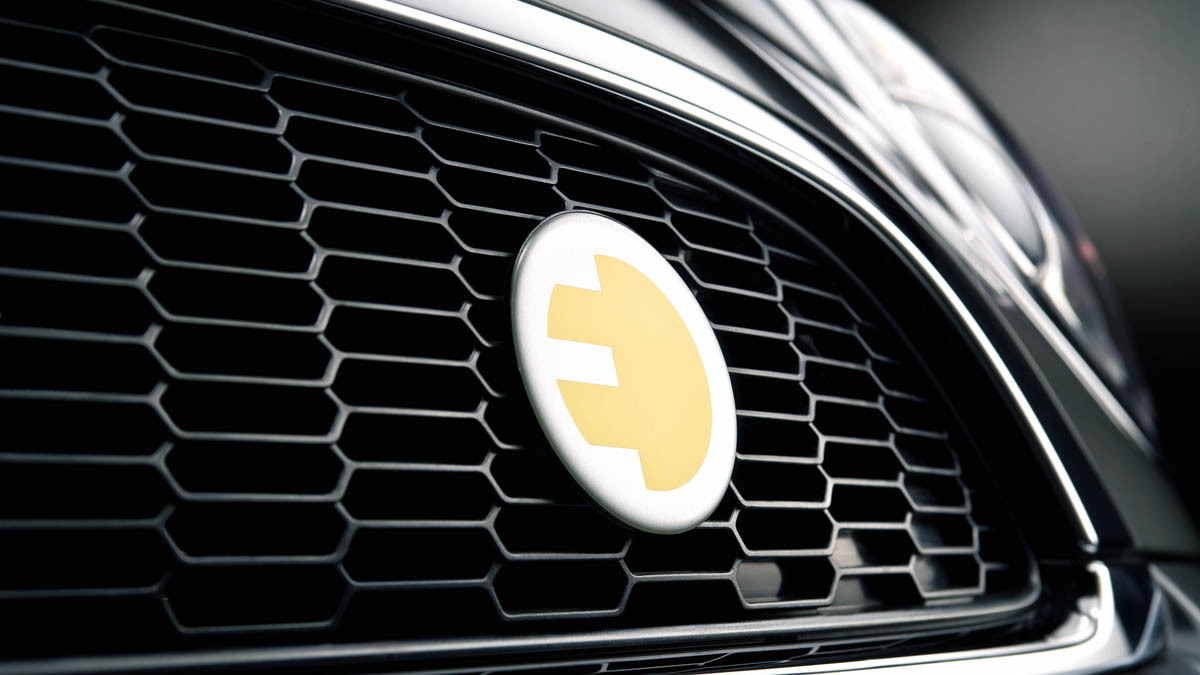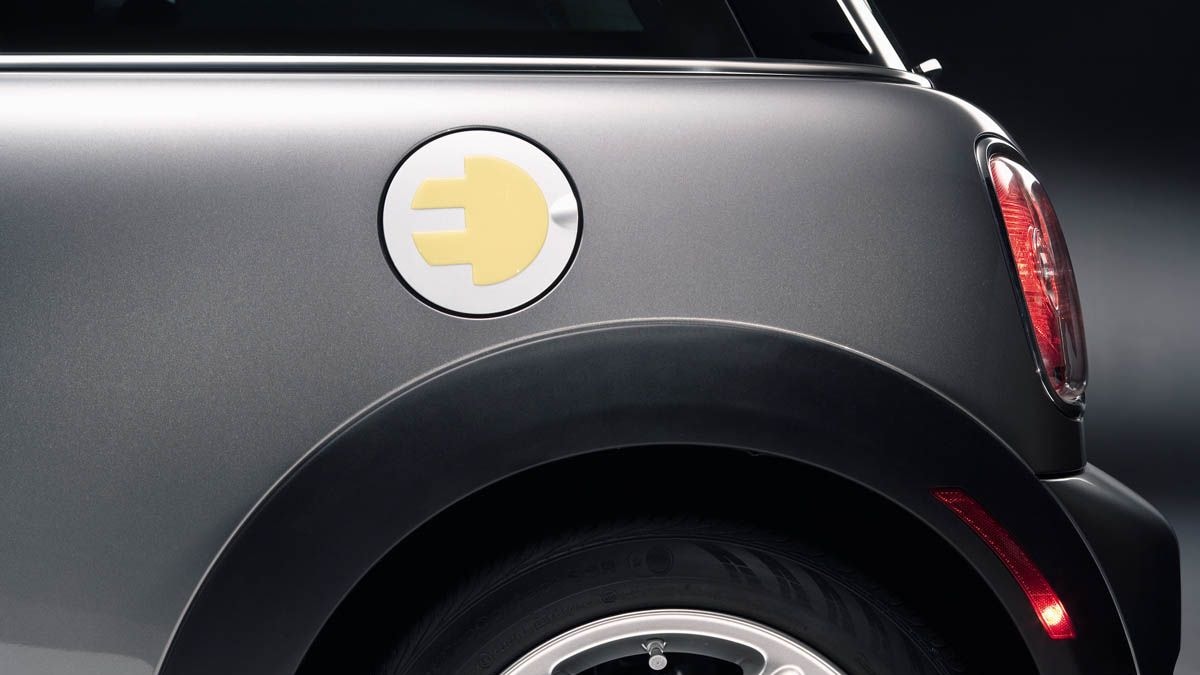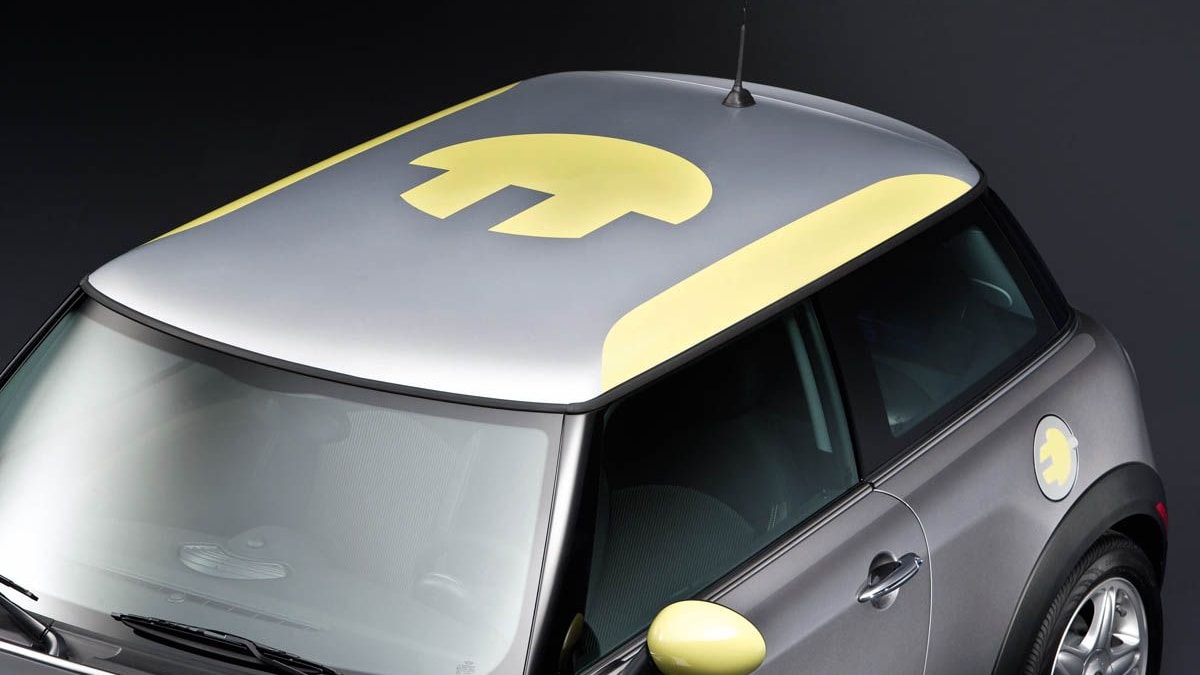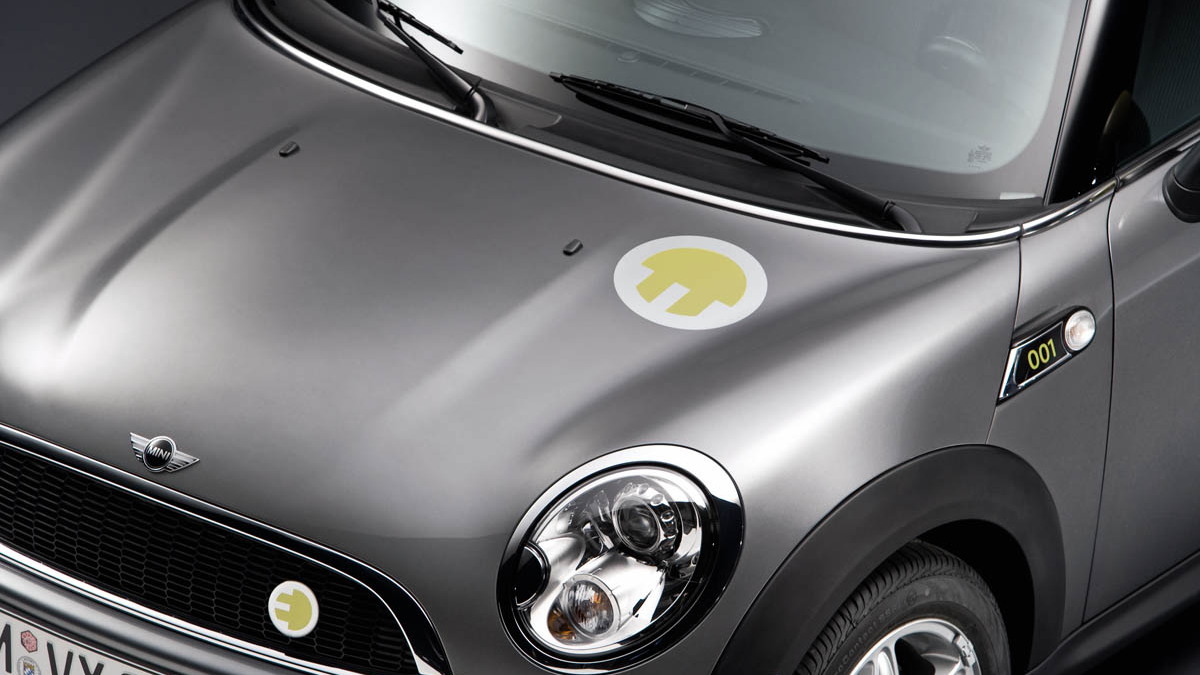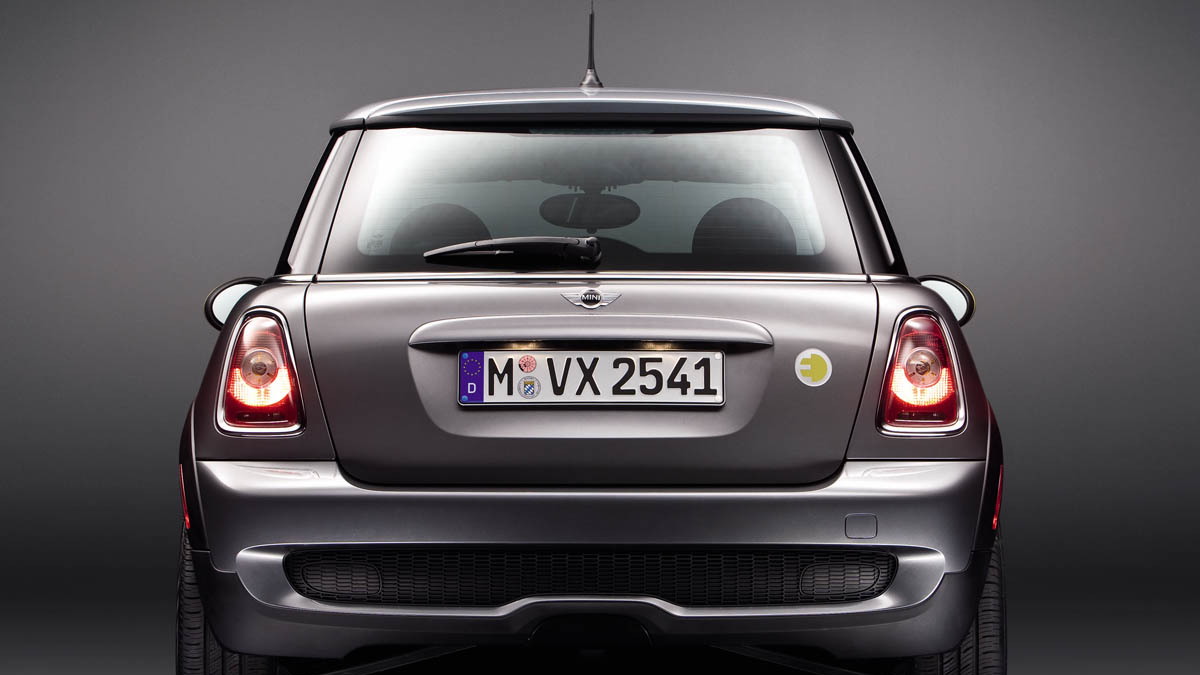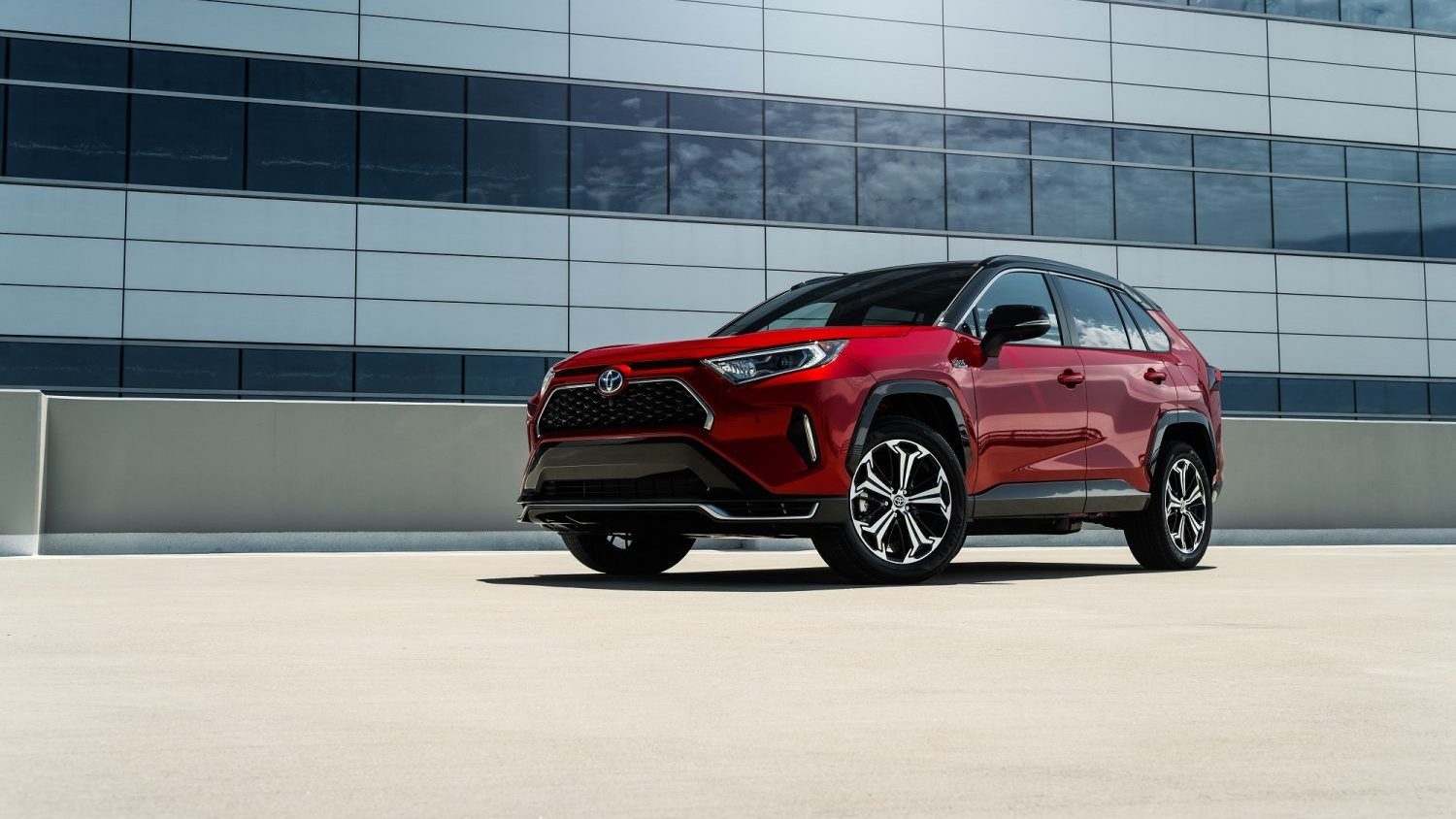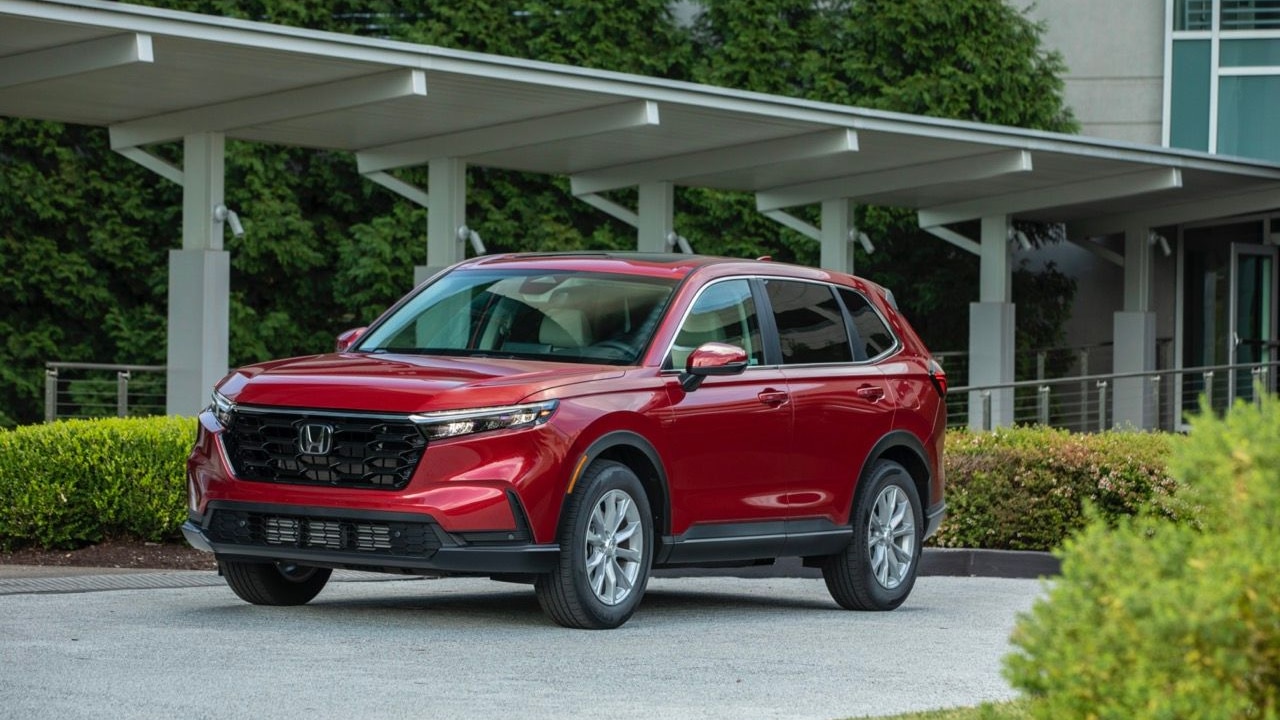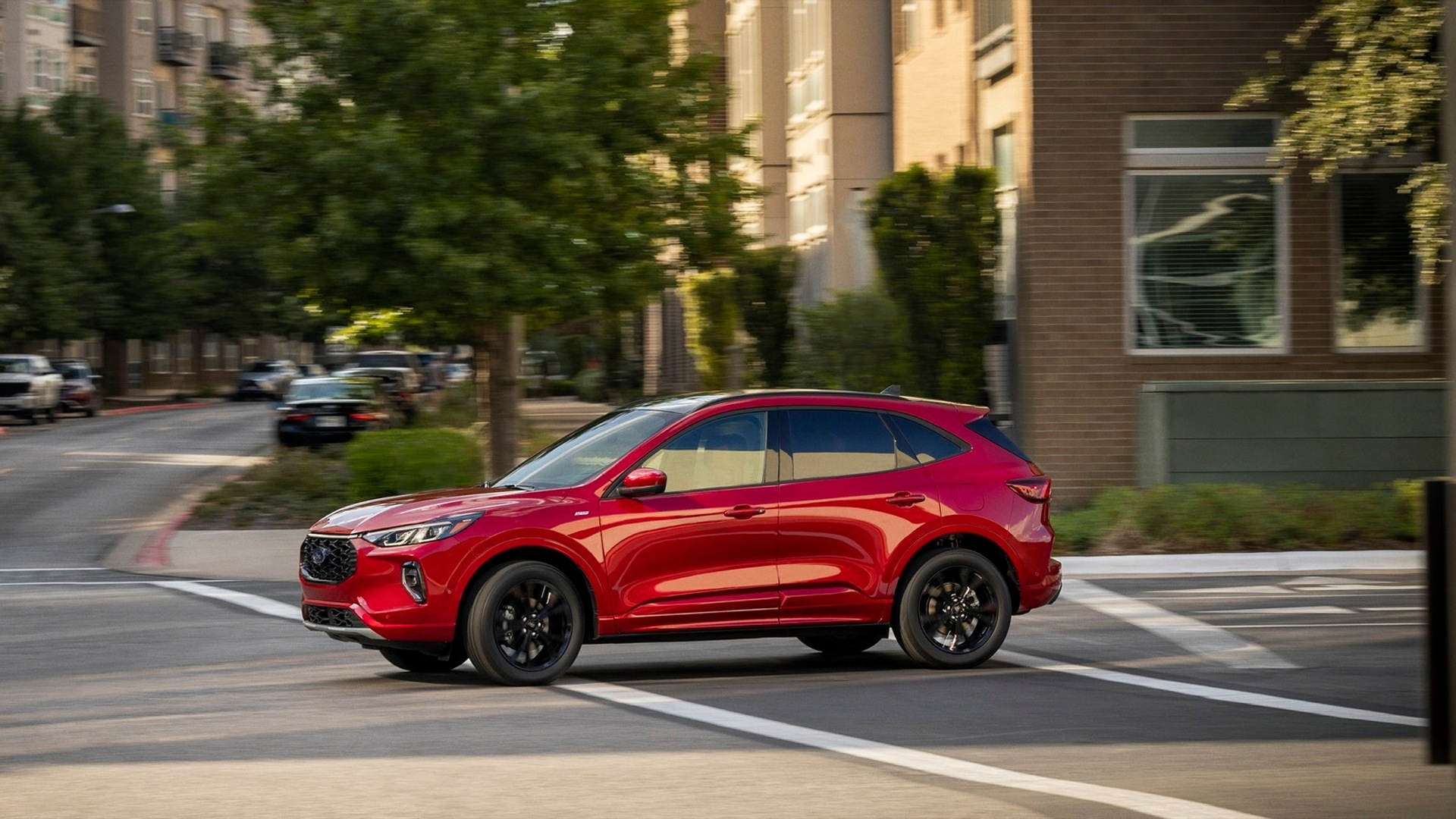Roughly 1,800 people have signed up to participate in the program. The selection process, designed to help Mini get the most out of its research program, was been slowed considerably by the wealth of choices, reports Automotive News. "We have to make sure their driving style fits with what we want. If you drive 200 miles a day, that's a longer daily drive than our range," Jim McDowell, vice president of Mini USA.
Already the list has been narrowed to about 1,000 people by the 16 dealers that are reviewing and selecting the candidates. The carmaker is looking to see how drivers cope with a limited-range vehicle, and monitor the reliability of the lithium-ion battery, which itself is still in relative infancy for the automotive industry. The company now hopes to have the final 450 selected by April.
The Mini E, which was revealed late last year at the Los Angeles Auto Show has a range of about 120 miles on a 2.5 hour charge and is being leased at $850 per month (about three times the prices of the regular petrol model).
The savings in fuel costs will offset the lease price somewhat, though the recent return to sane petrol prices in the U.S. has lessened that advantage to a degree. A standard Mini Cooper would cost about $350 for a 24-month lease, or nearly $800 for a hypothetical 12-month lease, though Mini's shortest offered term for its standard vehicles is currently 24 months. However, in California, where image counts for everything, the value of an electric Mini Cooper can hardly be measured.
Another key shortcoming is a lack of interior space. The Mini E features a 570lb (260kg) lithium-ion battery in place of the standard Mini Cooper’s rear seat (making it strictly a two-seater), and in the boot there is barely enough space for a gym bag.
BMW had previously planned to lease 250 examples in Southern California and 200 in metropolitan New York and New Jersey by March. The delay isn't expected to affect the allocation of those units, however. For those lucky enough to be involved in the world-first trial, BMW will still require them to document their experience in online surveys and keep a driver’s log. There are currently no plans for mass-production for the Mini E but that may change if the trial proves a success.
